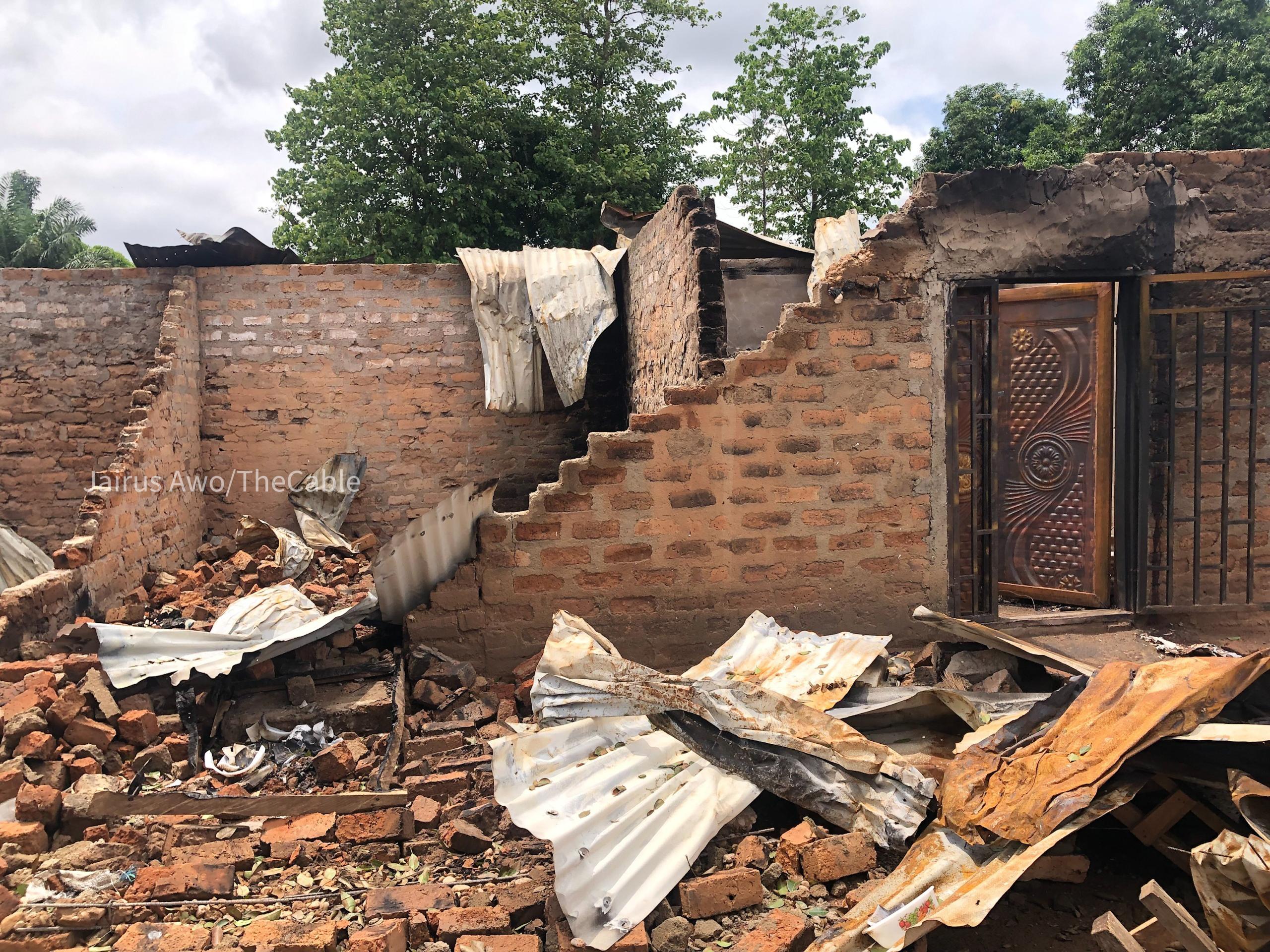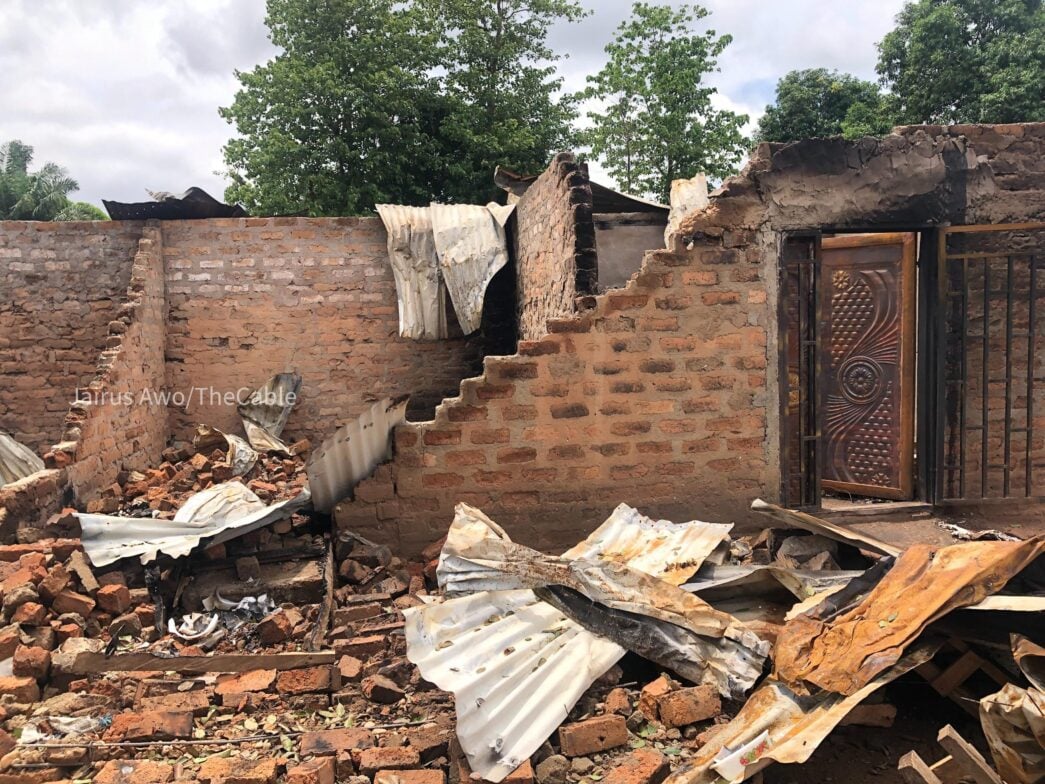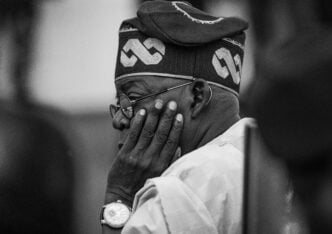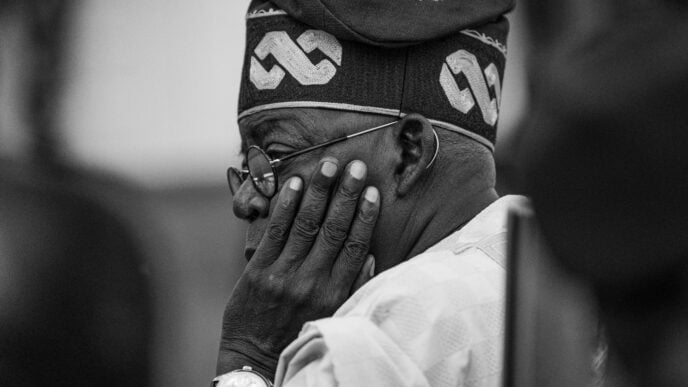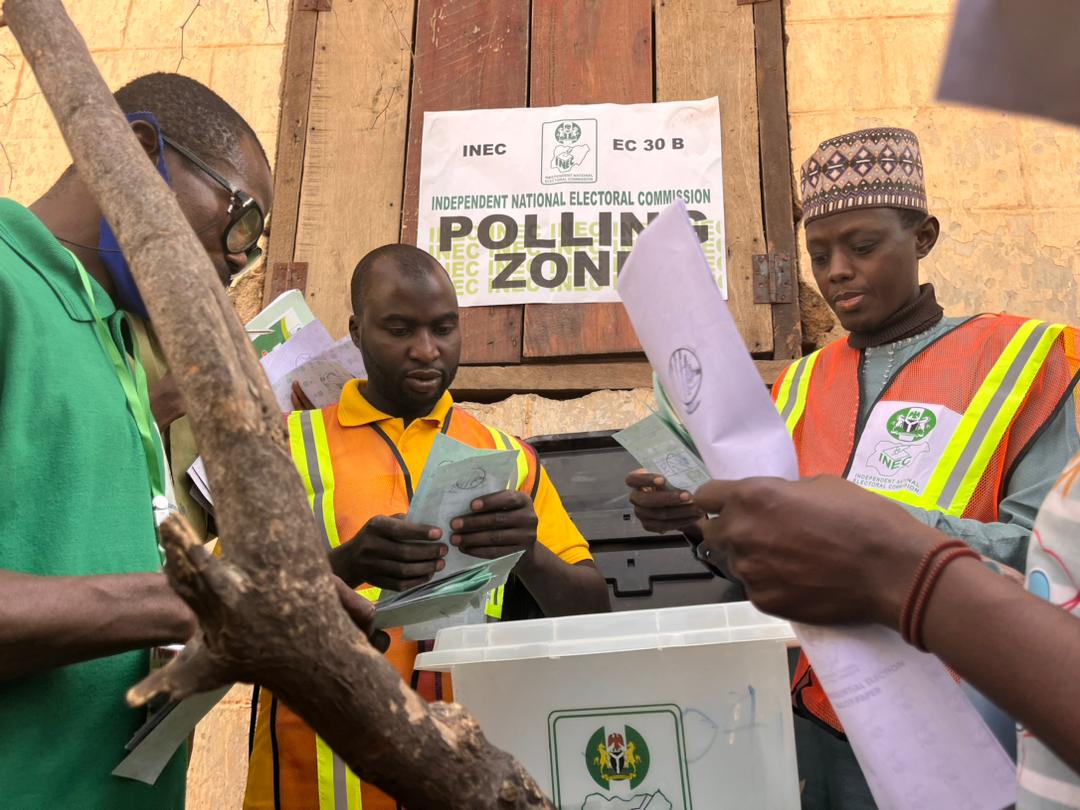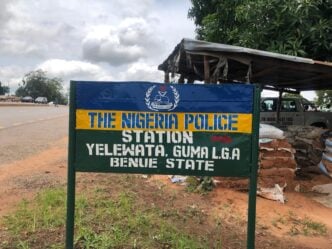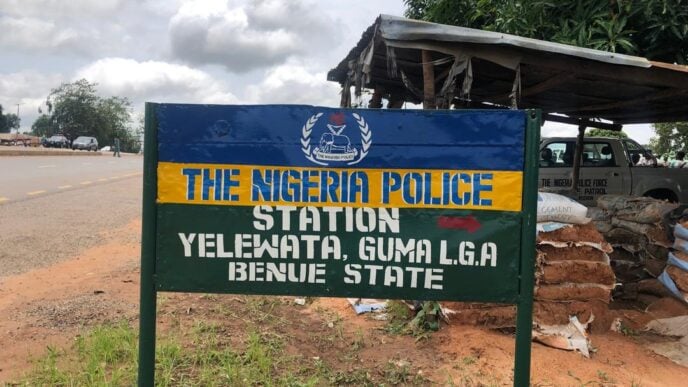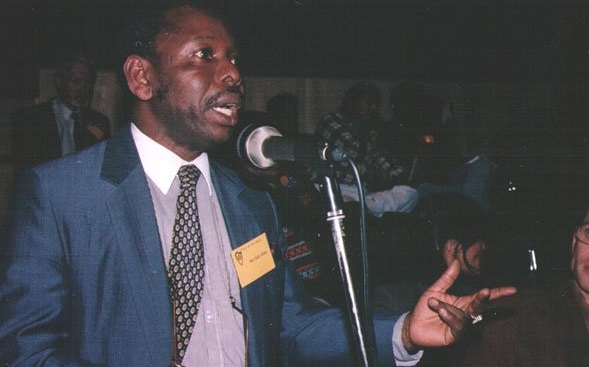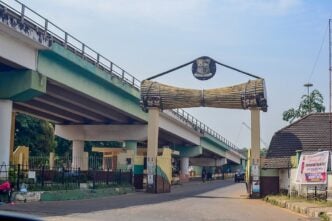Aftermath of Benue killings
BY LEKAN OLAYIWOLA
Nigeria today finds itself entangled in deep moral crises—fueled not only by insecurity but by the breakdown of empathy, historical reckoning, and relational repair across its states. As blood is shed in places like Benue, Borno, Plateau, Zamfara, Edo, and the Southeast, it is no longer enough to map incidents. We must map ethical failures using a lens that goes beyond law and order to ask: Are leaders grounded in compassionate foresight? Do they remember the past? Can they heal rifts?
Current conflicts—from Benue’s slaughter to Borno’s resurgence of Boko Haram—aren’t just security failures. They are moral ruptures that can be measured in terms of leadership’s moral imagination, historical accountability, and capacity for relational repair. This is not academic theorising; it is the bedrock for preventing future bloodshed.
Benue: Echoes of Forgotten Atrocities
Advertisement
In June 2025, over 150 people were massacred in Yelewata, with charred bodies found in burnt market stalls and over 3,000 displaced. President Tinubu’s visit days after the incident and the Makurdi police’s belated response reflect reactive, not proactive governance. Benue’s perceived moral threshold has cratered, with governance scoring low on historical repair and relational justice. There are no truth commissions, no public recognition of trauma, and citizens feel abandoned. Benue falls within the Emergency Ethics Risk Zone—a place where fresh atrocities are likely unless relational repair begins immediately. To stop the bleed, the state must launch a trauma-informed community task force, federally backed Dignity Restoration Commissions, and integrate local narratives into policy, linking peace to accountability.
Borno and the Boko Haram Shadow
While Governor Babagana Zulum has vocally warned of a renewed Boko Haram resurgence—citing frequent attacks around Gwoza, Wulgo, and Damboa—and has mobilised the military alongside centre-focused humanitarian support, structural empathy remains limited. Zulum’s presence demonstrates moral leadership, but memory literacy lags. The state still lacks civilian oversight and a victim-centred justice infrastructure. Communities are relieved by security, yet they are starved for dignity. If Boko Haram continues displacing civilians, early-warning models based on rising insurgent incidents and low relational repair suggest a return to full collapse. The state’s pivot must include integrating trauma-informed humanitarian corridors into formal governance and empowering local peace councils modelled after DDRR (disarmament, demobilisation, reconciliation, and reintegration).
Advertisement
Plateau: Repetition Without Repair
With fresh killings in April 2025, the cycle of violence in Plateau repeats. Each attack breeds an equivalent promise, but institutional forgetting. Leadership here scores low on memory literacy and relational repair. As governors shuffle investigation panels without pursuing real justice, citizens feel largely abandoned or unprotected, living with repetitive trauma. With each new incident, Plateau slips closer to full ethical depletion. Unless the government institutionalises a permanent citizens’ jury on public safety and attaches reparations to violence data, the state risks further collapse. Without transitional justice models—truth commissions, local reparations, integrated pastoral land agreements—the moral fracture here remains fertile ground for future bloodshed.
Zamfara and Bandit State Failure
Zamfara’s chronic kidnappings and mass abductions—with dozens killed in June 2025 and hundreds taken or displaced—illustrate a pure moral void. Governance is indistinguishable from predation, registering a high level of citizen distrust. There is no ethical leadership, no memory of past failures, no empathy. Early warning here means nothing less than a full-scale human security crisis. A military response alone won’t suffice; the state must rebuild from scratch, foregrounding local reconciliation panels, inclusive land-use agreements, and empathetic governance compacts to erode the bandit–citizen divide. Predictive modelling indicates imminent widespread atrocity if banditry is not matched with inclusive governance interventions. The state needs grassroots-led security councils supported by empathy-trained civil servants to rebuild moral authority.
Advertisement
Edo’s Communal Storm
The March 2025 incident in Uromi, Edo State—in which mob violence killed northern Hausa civilians falsely accused of kidnapping—follows years of whispered communal divisions and functional impunity. The governor’s response, which collapsed into weeping apologies and occasional arrests, is insufficient. Objective memory and relational justice are absent. This can be flagged as a warning: without educational reform, dignified policing, and cross-ethnic truth forums, Edo risks turning prejudice into polity.
South-east: Protests Without Presence
In the south-east, the “sit-at-home” protests driven by IPOB—heralding 700 deaths over four years—reflect not only political demands but moral breakdown. The Nigerian state responds with repression, framing dissent as terror. Memory of the Biafra war remains contested and unprocessed, even as public outrage bubbles beneath ghost-town silence. From the lens of moral imagination, Southeast Nigeria teeters between moderate and high risk as citizens feel unheard and betrayed by both state and separatist leaders alike. Left unaddressed, the shared trauma will tilt toward radical rupture—a ticking moral bomb. A solution requires trauma-informed truth platforms, Biafra reconciliation dialogues, and peacebuilding forums that repair both state legitimacy and cultural memory.
Advertisement
Lagos & Abuja: Urban Betrayal and Civic Erosion
Meanwhile, national disillusionment spreads. Lagos and Abuja saw Democracy Day protests against shrinking civic space—a chilling indicator that even urban elites feel governance has lost its ethical interior. Security forces tear-gassed peaceful crowds expressing economic angst, reinforcing that leadership lacks listening, moral imagination, and healing frameworks. The collapse is national. Predictive analytics anticipates broader civic unrest, potentially more explosive than rural conflict.
Advertisement
A Moral Mapping of Failure and Warning
Across these states, Nigeria’s moral failings are stark. Leadership lacks ethical integrity; memory remains unprocessed; empathy is sporadic; relational repair is absent. We stand at a regional inflection point—a moral vector from Benue in the centre to Lagos in the megacity. Early warning signals emerge when states drop below certain thresholds. Several states in Nigeria are already under it.
Advertisement
What Ethical Signal Must Lead the Way
The fault line is ethical. Nigeria’s conflicts are not only ethnic, resource-based, territorial, or religious—they are ethical. They ask: Does leadership have moral imagination? Do policies remember hate? Can governance heal relationships? We need a national mapping—real-time dashboards that show when a state’s ethical integrity dips dangerously low. When governors consistently score below moderate on moral imagination and empathy, when surveys show citizens feel abandoned—that’s not governance failure, it’s ethical collapse. Policy must pivot now, not when the blood spills.
Advertisement
Healing, Not Just Policing
Nigeria’s governors and President Tinubu must adopt moral imagination not as a slogan but as a governance architecture. This means:
∙ Establishing state-level Dignity Restoration Commissions in Benue, Plateau, Edo, and Zamfara;
∙ Launching trauma-informed community listening dialogues in the Southeast;
∙ Embedding regional memory infrastructures—truth-telling, apology, reparations;
∙ Implementing emergency social-psychological interventions in Borno, Plateau, and Zamfara;
∙ Mandating urban civic protection reforms in Lagos and Abuja;
∙ Binding federal funding to empathy, dignity, and inclusion performance KPIs.
If absent, we risk watching one moral collapse cascade into another—our failings today the crises of tomorrow. The question now is not whether we can respond, but whether we will respond with justice, memory, empathy, and restoration. Because without ethical rescue, the next explosion may happen not in villages, but in our cities—and when that happens, no moral theory will save us.
Lekan Olayiwola is a peace and conflict researcher and practitioner. He can be reached via [email protected]
Views expressed by contributors are strictly personal and not of TheCable.
